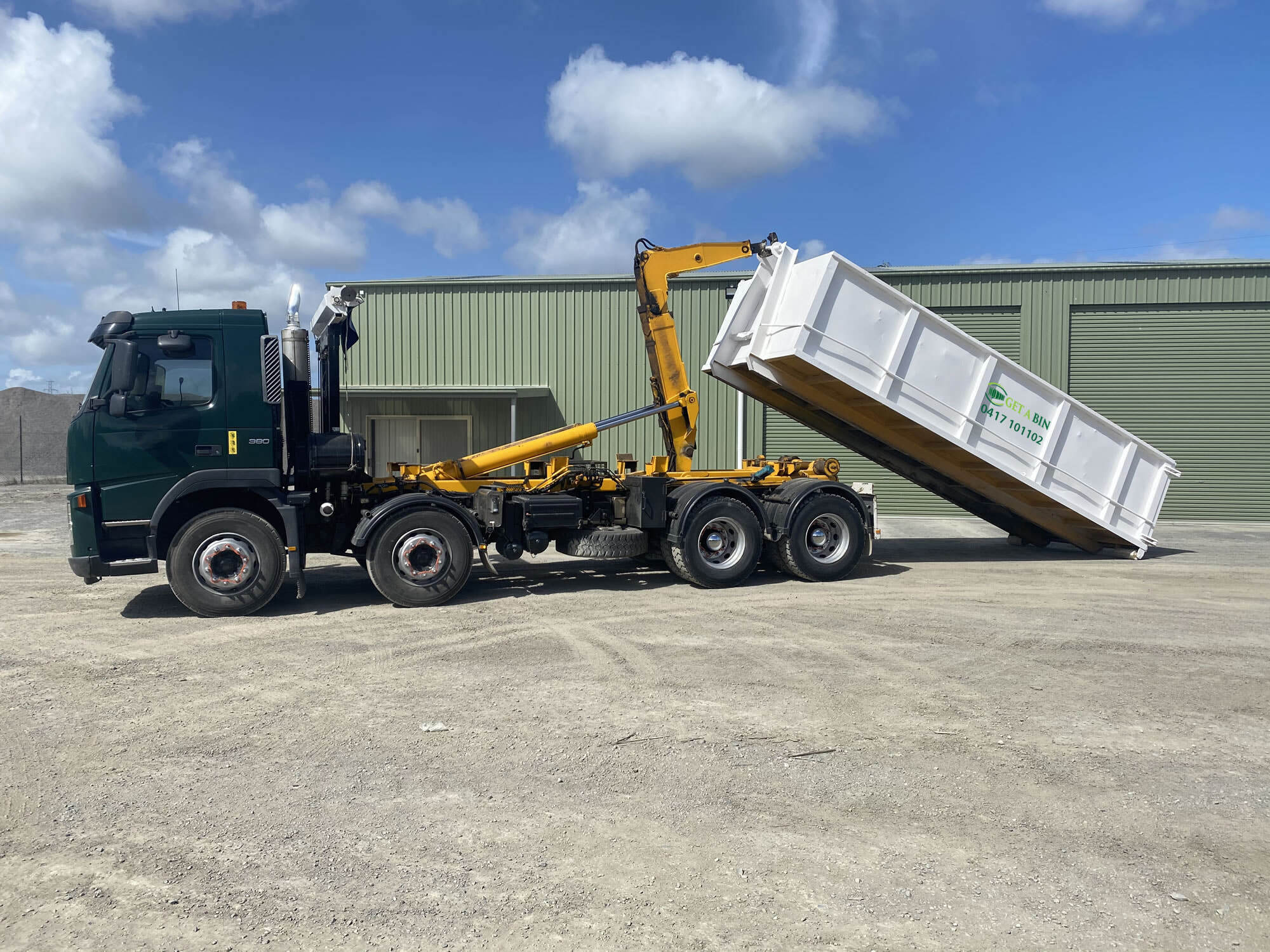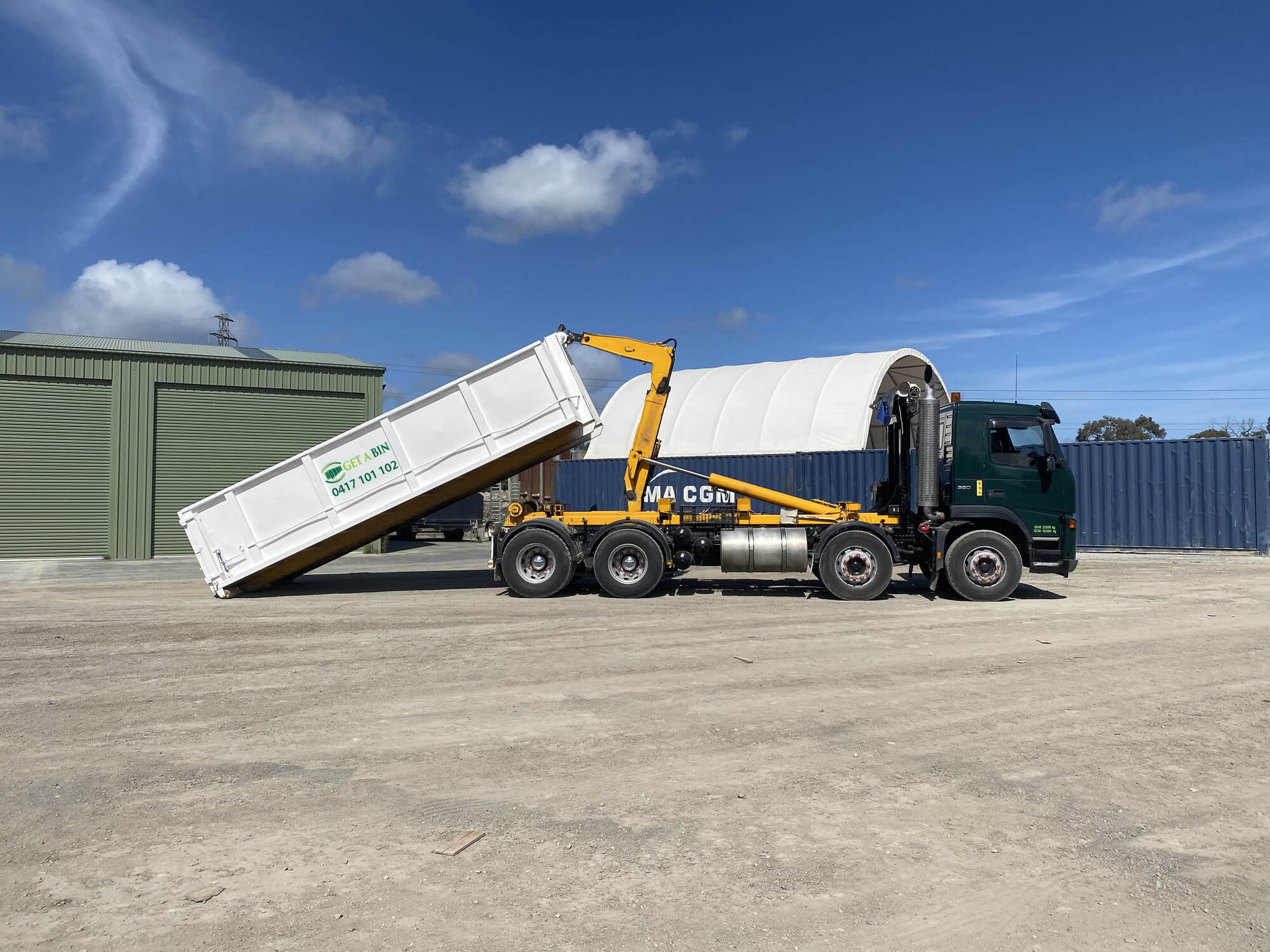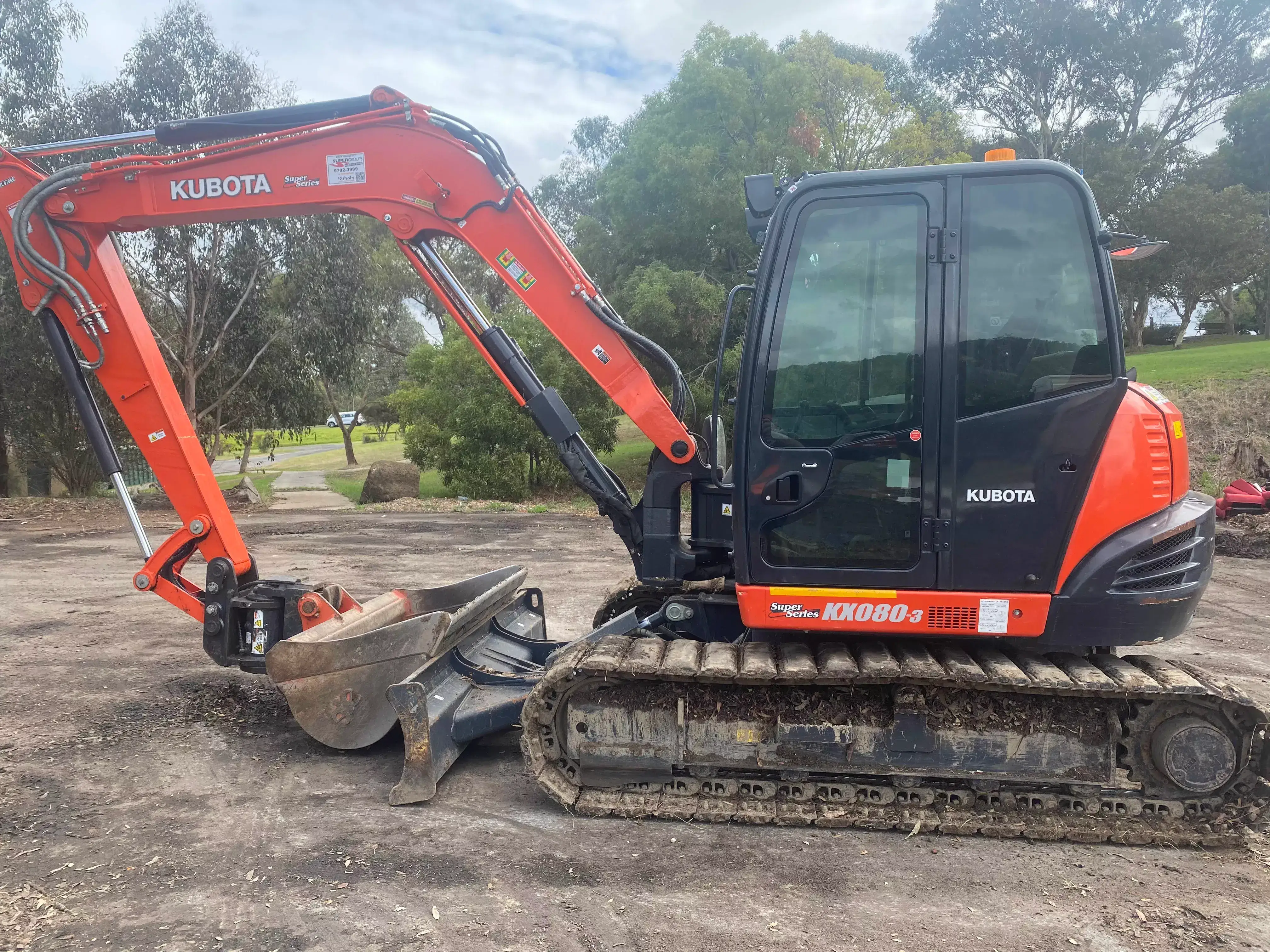Melbourne Skip Bin Permits
Skip Bin Permit Essentials
Penalties for Non-Compliance
Skip bins without the right Melbourne skip bin permits can attract fines up to $1,000, and the council can even impound the bin. Not a great look, and costly too. Councils take these rules seriously, and you don’t want a project delayed because someone skipped a form.
How GetABin Simplifies The Permit Process
You know what? Different councils have different rules, and that turns a straightforward job into a paperwork maze. GetABin handles the forms, talks to local authorities, and makes sure your skip bin meets the rules and arrives when it should. It’s the practical option if you’d rather focus on the job, not the bureaucracy.
When You Need A Permit In Melbourne
Public Vs Private Property Skip Bin Placement
If the bin sits on public property, such as a nature strip or the road, you need a permit. If it stays entirely within private property lines, like in a driveway or backyard, you usually do not. Still, check property boundaries before ordering anything. Small mistakes happen. They cost money.
Roadways, Nature Strips, And Footpaths
Putting a bin near traffic needs careful approval to avoid blocking pedestrians or vehicles. That goes for verges, shoulders and footpaths. It’s about sightlines, space, and making sure prams, wheelchairs and cars can all get by without drama.
Variations In Melbourne Council Requirements
Each Melbourne council has its own rules, fees and processing times. Some are quick, others take a bit longer. The takeaway, and here’s the practical tip, apply early and check your council’s specific requirements before you book a bin.


Council-By-Council Requirements Guide
Knox Council Skip Bin Permits And Fees
Knox Council requires a permit for bins on public land. Fees usually start at around $50 for a standard rental. Typical approval time is up to five business days, and you’ll need proof of insurance. Yes, the insurance paperwork is real. Don’t forget it.
Bayside Council Regulations And Processing Times
Bayside Council is pretty strict about bins on footpaths. Processing normally takes at least seven days. Fees vary by bin size and rental duration, and in busier suburbs, expect higher charges. Plan ahead, especially during peak renovation season.
Kingston, Frankston, And Mornington Peninsula Guidelines
These councils often want a detailed site plan and may ask for progress updates while the bin is out. Processing windows usually sit between three and seven days. Fees commonly range from $40 to $100 depending on location, bin size and rental length. Yes, it’s fiddly. But you’ll get through it.
Step-By-Step Application Process
Documentation You’ll Need
Typically you’ll need a current insurance certificate, a clear site plan showing where the bin will sit, and proof of identity or residency. Some councils may ask for extra documents tied to the property. Collecting everything beforehand saves time. Trust me.
How To Apply Online
Most councils have online portals for skip bin permit applications. Some are easy, some are not. Alternatively, using a service like GetABin means someone else does the clicking and the chasing. If you’ve got better things to do, that’s handy.
Recommended Timelines For Approval
Submit your application at least seven working days before the bin is due. That buffer handles most delays and avoids last-minute panic. Sometimes approvals come faster, sometimes they take longer. Better safe than sorry.


Skip Bin Placement Rules And Safety Requirements
VicRoads Compliance Guidelines
Skip bins near roadways must meet VicRoads regulations, to avoid obstructing traffic and to keep visibility clear. It’s about safety, plain and simple. Follow those standards and you’ll reduce the risk to drivers and pedestrians.
Visibility And Safety Equipment
Bins should have reflective markers, cones or lights, especially at night. It’s common sense. If someone can’t see the bin, accidents happen. Simple equipment prevents most headaches.
Size And Positioning Restrictions
Local rules often limit bin size and demand minimum clearances from kerbs, driveways and utilities. Ignore these and you’ll get complaints, fines or a demand to move the bin. It’s not worth the hassle.
Avoiding Common Permit Pitfalls
Frequent Mistakes To Avoid
People commonly put bins out before getting permits, submit the wrong size, or forget required safety gear. Those errors lead to rejections and fines. Don’t be that person.
Strategies To Prevent Penalties
Confirm your permit is approved before delivery, double-check local rules, and use a checklist. Reliable providers reduce mistakes, and that means fewer surprises for you.
How GetABin Protects You From Errors
GetABin knows the paperwork, the forms, and what each council expects. They reduce errors, avoid last-minute problems, and keep projects moving. It’s practical help when time and patience are limited.
Secure your Melbourne skip bin permits with confidence. Knowing council fees, legal requirements and placement rules prevents fines, and keeps your waste management running smoothly. It matters. Really, it does.


